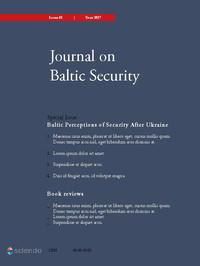Volume 6, Issue 1 (2020), September 2020

Order by:
Pub. online: 23 Sep 2020
Type: Research Article
 Open Access
Open Access
Abstract
Pub. online: 23 Sep 2020
Type: Research Article
 Open Access
Open Access
Abstract
Pub. online: 23 Sep 2020
Type: Research Article
 Open Access
Open Access
Abstract
Pub. online: 23 Sep 2020
Type: Research Article
 Open Access
Open Access
Abstract